Food sustains us physically, mentally, and emotionally, but in today’s constantly changing, uncertain times, the guarantee of enough food has become a major concern.
Many factors contribute to the growing food shortage, from rising prices and climate changes to poverty. In this article, we will discover some practical and different ways you can improve your own personal food security with helpful and doable tips and advice.
It doesn’t matter whether you live in a city, town, or way out in the country; these tips can help you find ways to access affordable foods to increase your sustainability in everyday life or a natural or economic disaster.
So, get ready to discover how to become more food-secure for a healthier and more secure future.
1. Visit Farms
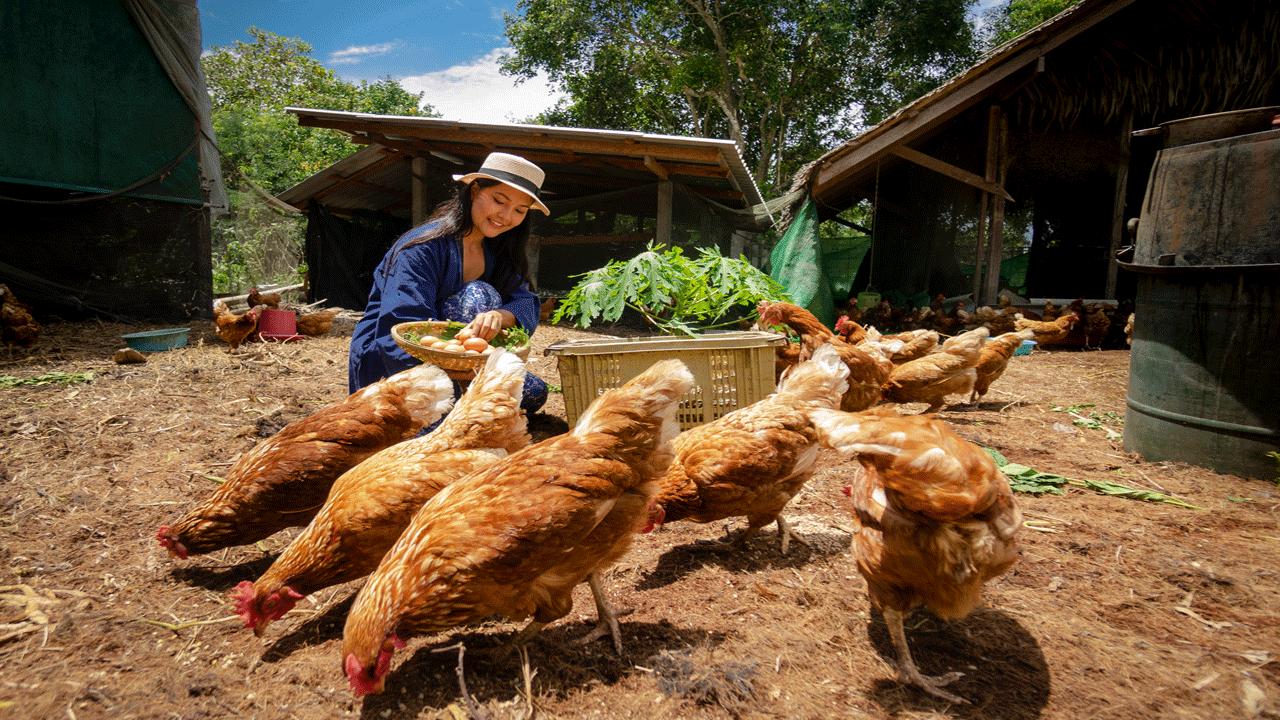
Visiting local farms and building relationships with farmers is a great way to have ongoing access to yummy, fresh, and affordable produce.
Farmers sometimes offer lower prices than grocery stores, and you can support sustainable farming practices, too.
2. Grow Vegetables
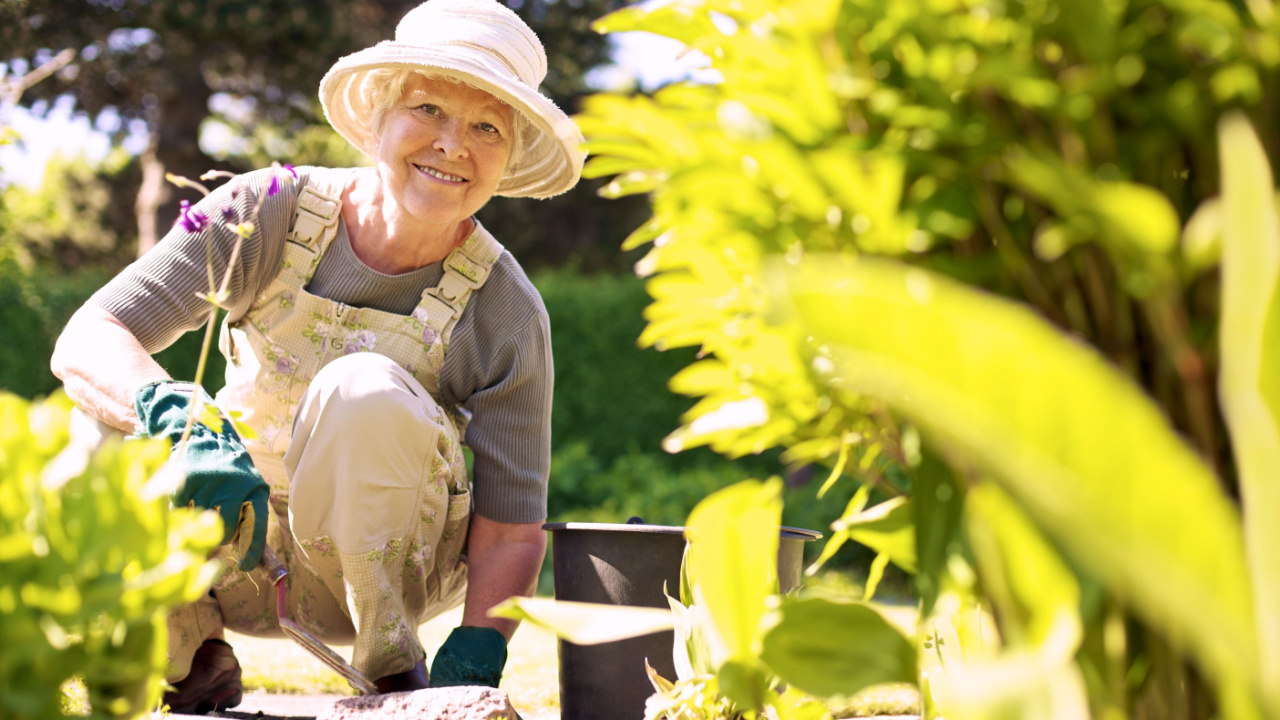
Starting a vegetable garden is one of the best ways to have a constant food supply.
It also saves you money, helps you become more self-sufficient, and cuts down on trips to the supermarket.
3. Plant an Orchard

We often think of planting a garden, but we should also remember fruits like apples, pears, and peaches.
You can plant fruit trees in your backyard; the best thing is that they do not have to replant yearly.
4. Start a Compost Pile
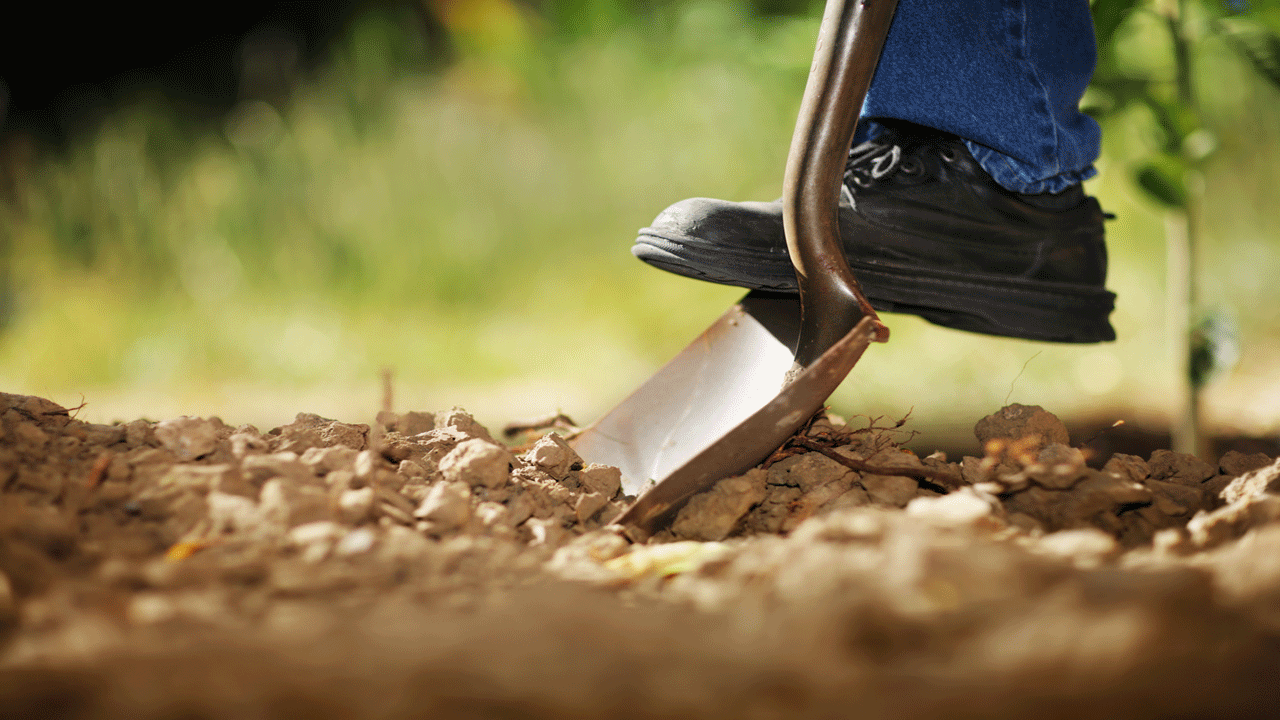
When you rake leaves in your yard or toss vegetable peels in the trash, you may not realize it, but you are throwing away a great way to help provide your family with food.
Composting creates nutrient-rich fertilizer for your garden soil and is a great way to reduce waste.
5. Make a Food Budget
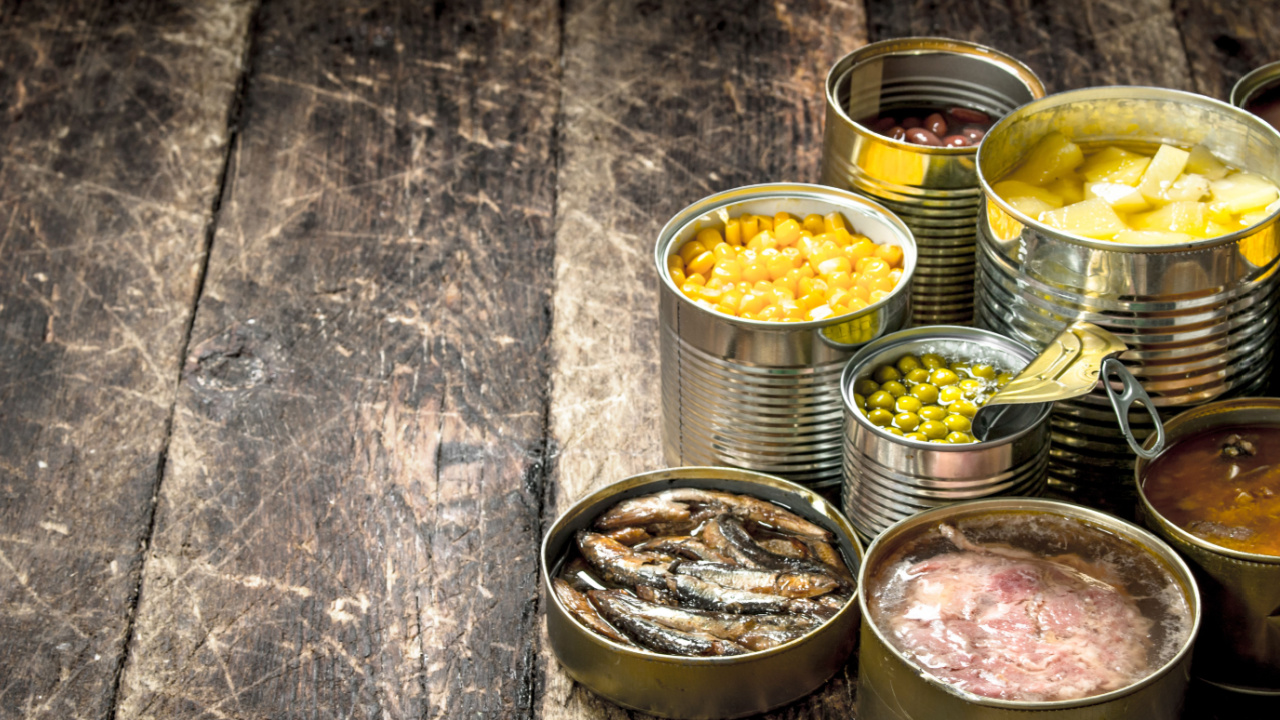
Saving money on groceries is an excellent step toward food security, but sometimes, it can be hard to stick to a budget.
Start by making a list before shopping, and use coupons from flyers at your local grocery store.
6. Extend Your Season

If you want to extend your growing season to increase the amount of food your garden produces, start by building a greenhouse and starting seedlings earlier in the season.
You can also use cold frames, hoop houses, or row covers to protect your plants from frost and give them a longer growing season.
Planting crops like carrots, spinach, and kale, which will grow as long as the ground is not frozen, is another way to steal some time for your garden.
7. Grow Grapes

A diverse garden is one of the best ways to improve food sources, and grapes offer many options.
They can be eaten fresh, turned into juice or wine, and even dried for a tasty snack.
Grapes are also relatively easy to grow and can thrive in various climates.
8. Get More Bang For Your Buck

Microgreens and sprouts are a great way to increase your produce yield in a small space.
They grow quickly, some taking as little as two weeks.
Not only do they increase your food sources, but sprouts and microgreens are expensive at the grocery store and add so much flavor to your meals.
9. Consider Canning

In the past, more families canned food to preserve the produce from their gardens for the winter months, but this practice has become less common.
However, canning is becoming popular again as people seek ways to save money, eat healthier, and be self-sufficient.
10. Meal Plan
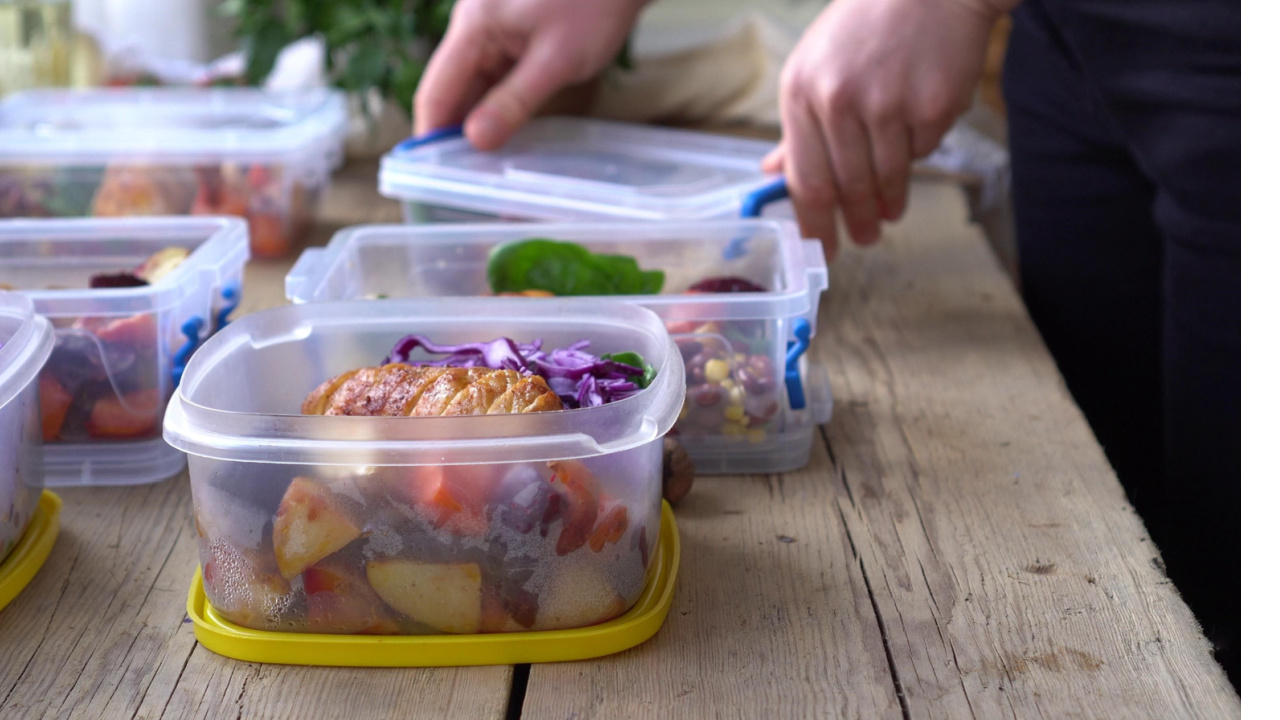
Many people make a big mistake regarding food security by buying and preparing too much food and then letting it go to waste in the fridge.
If you sit down with your family, plan meals for the week ahead, and only buy the groceries needed, you can save a lot of money in your grocery budget.
11. Dehydrate Foods
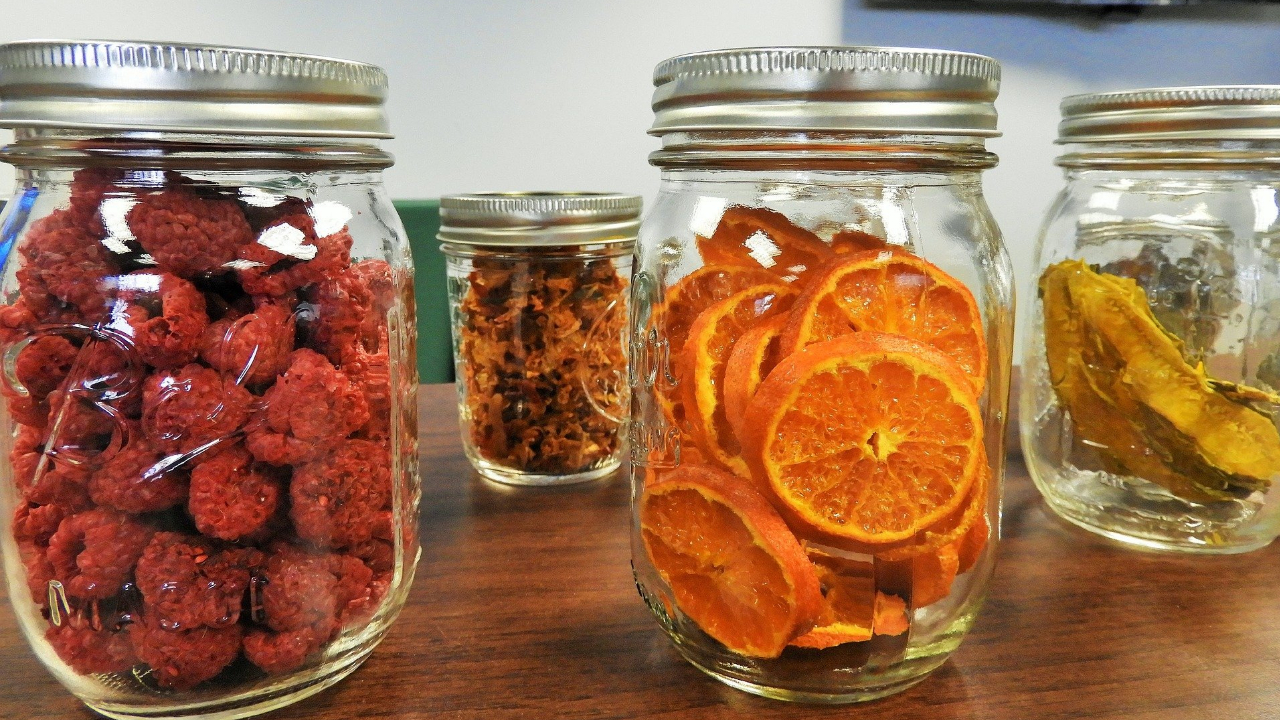
Who doesn’t love beef jerky and dried fruit? You can have these tasty treats at a much cheaper price if you buy a dehydrator and dry your food.
Not only are dehydrated foods tasty and convenient, but they can also be a great way to preserve fresh produce from your garden or orchard for long-term storage.
12. Buy a Freezer

A freezer allows you to buy grocery store food on sale, buy in bulk, and preserve the game you hunt or fish for yourself.
With a stocked freezer, you’ll always have food on hand if you face a disaster with limited food supplies.
13. Herbs

Although herbs are expensive to buy fresh, growing them is a good way to extend your food sources because they grow well in a garden or in pots on your windowsill.
Some herbs, like basil, oregano, and thyme, can also be dried and stored for later use in soups, stews, sauces, or for making your own herb-infused oils and vinegar.
14. Get Bee Hives

Something you might not consider is getting a few bee hives to have your own honey.
Having bee hives also gives you something to trade with other farmers, but bees will pollinate your plants and increase your garden yield.
15. Perennials

Perennial plants like raspberries, strawberries, asparagus, and rhubarb return year after year without replanting.
Research which perennials grow well in your climate and add them to your garden for a long-term source of fresh produce.
16. Go Vertical
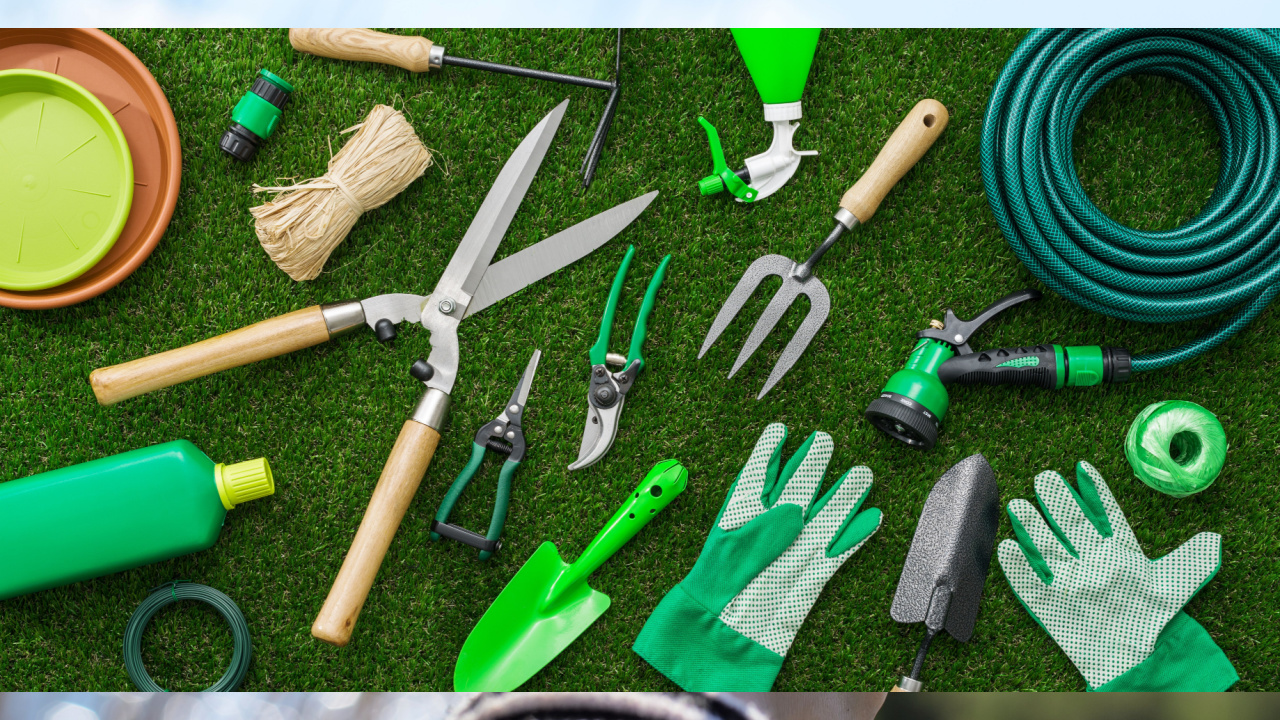
Even if you have little land or backyard space, you can still have a garden.
To grow your plants upwards in a small outdoor area, you can use trellises, wall-mounted planters, and hanging baskets instead of needing ample garden space.
17. Smoking Meat
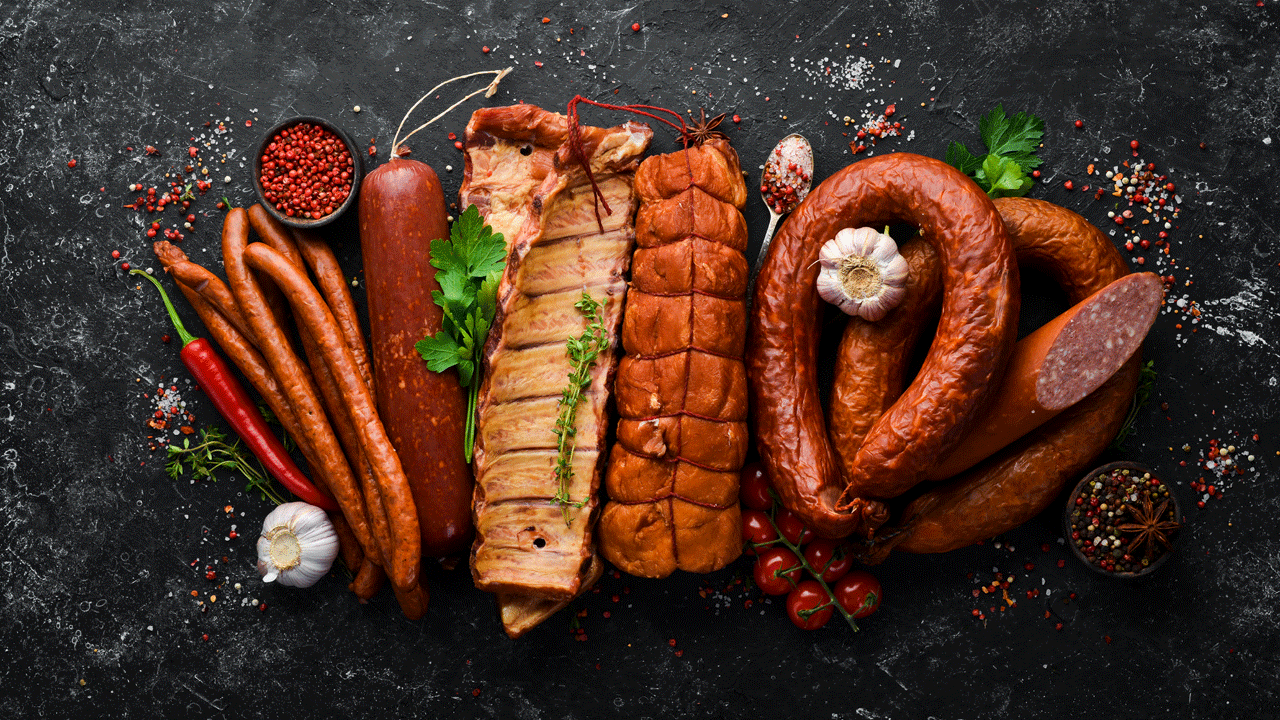
If you hunt game for food or you buy meat when it’s on sale, you can preserve it for long-term use by smoking it.
Several meat smoking methods exist, from using a store-bought traditional meat smoker to making your own DIY setup with a charcoal grill or an old metal trash can.
18. Hunting Wild Game

Hunting is a way to obtain large quantities of meat for your family’s long-term use.
Many hunters bring home enough wild game to provide meat for the entire winter season.
19. Fishing

Many people enjoy fishing as a way to relax and unwind, but it can also be a valuable skill for survival.
Knowing how to fish can provide another inexpensive, sustainable food source that the whole family can enjoy.
20. Grow Mushrooms

Have you noticed the price of mushrooms lately? They can be quite expensive!
It is surprising how easy they are to grow; with just a little research, you can stop paying high prices for mushrooms and have plenty to use for cooking or storing.
21. Join a CSA
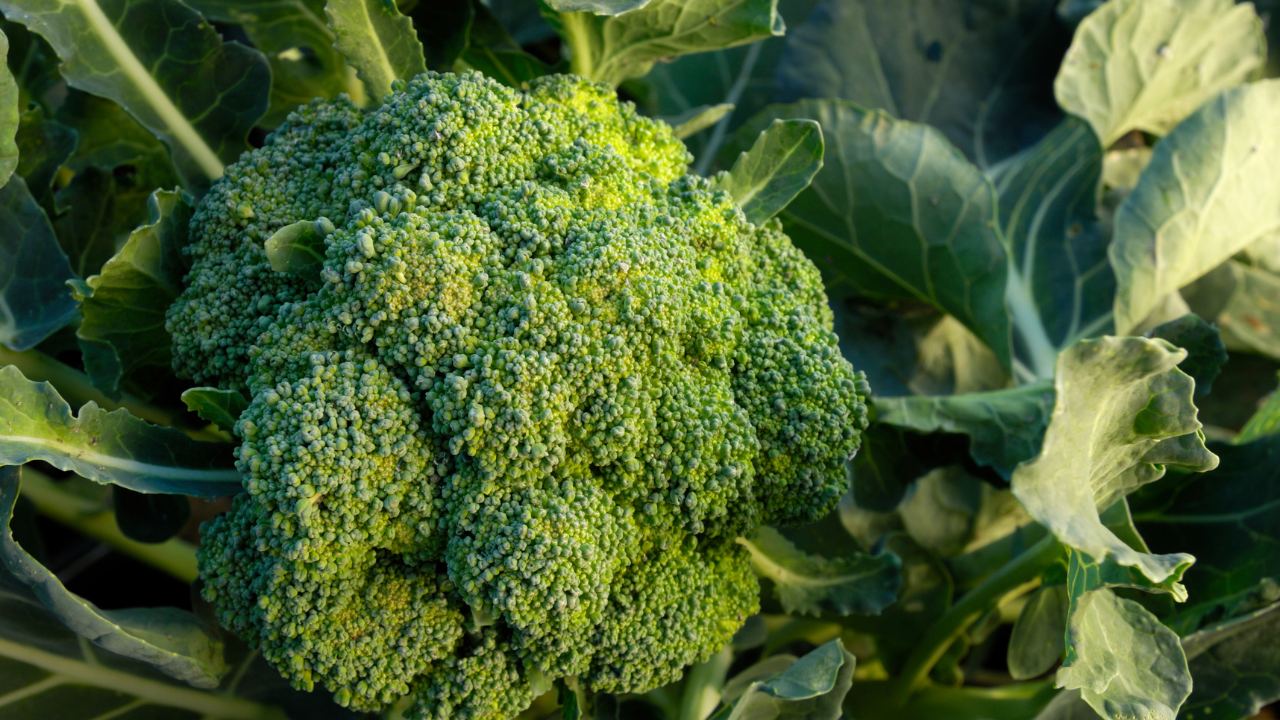
Community-supported agriculture (CSA) is a great way to enjoy locally-grown fresh produce all year round.
By joining a CSA, you can work to support local farmers, and in turn, you will receive a share of the seasonal harvest.
22. Raise Chickens

Today, more and more people are choosing to raise chickens in their backyards as a way to have fresh eggs and meat.
Not only can you step into your backyard to gather nutritious eggs and chicken meat, but raising your own chickens will save you money compared to buying these products from the grocery store.
23. Stockpile Bulk Items
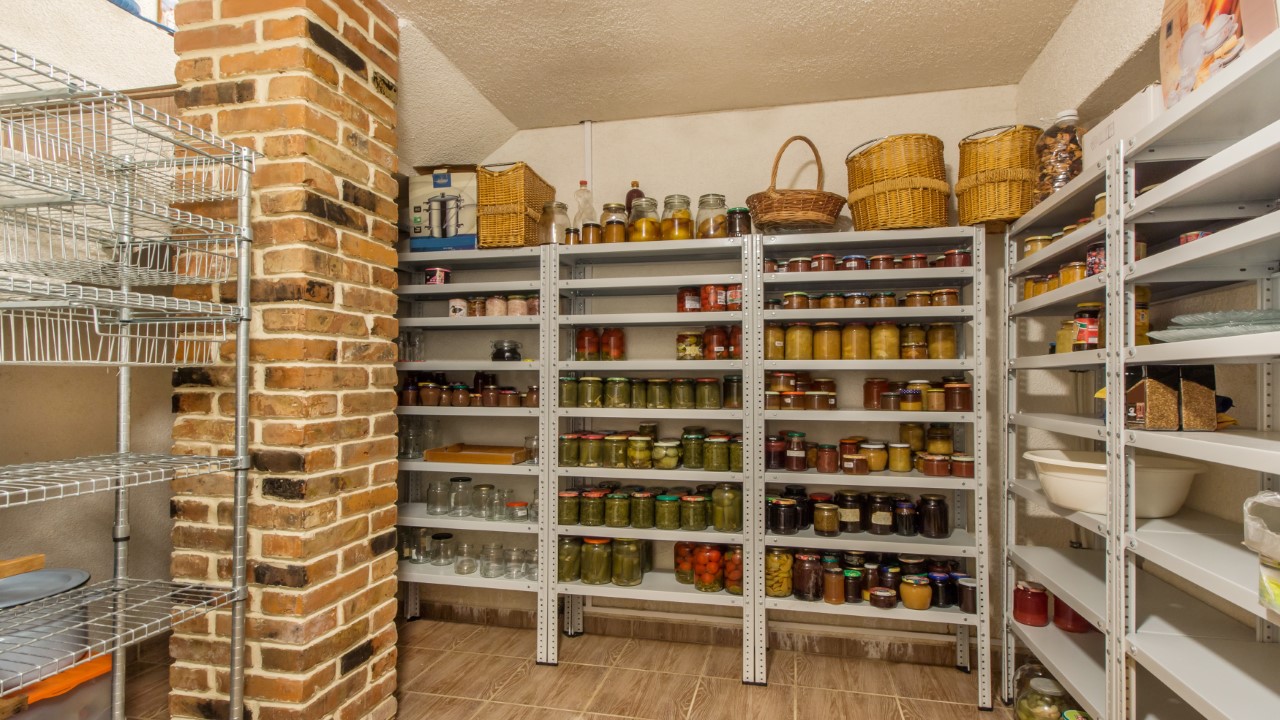
When you find a great buy on bulk items such as dry beans, rice, and flour, it’s a good idea to stock up because staple items like these have a long shelf life and can be stored in various ways.
Having a stockpile pantry will save you money and give you peace of mind, knowing you have plenty of food on hand during a crisis or for the future.
24. Get Creative

Try getting creative with your ideas for improving food security.
For example, instead of buying expensive produce from the grocery store in the future, why not start saving seeds from all the fruits and vegetables you buy now and use them to start your garden?
You may have a knack for finding ways to increase your food sources, so don’t be afraid to think outside the box.
20 Crucial Supplies for Surviving a Societal Collapse

In the face of uncertainty, being well-prepared gives you at least some degree of control and security. The thought of a societal collapse, while extreme, prompts us to consider how we might endure without the conveniences of our current lifestyle. Here’s a list of 20 essential items that could prove indispensable in such a scenario. This guide isn’t about succumbing to fear but embracing preparedness and resilience.
14 Essential Canned Goods for Your Emergency Pantry
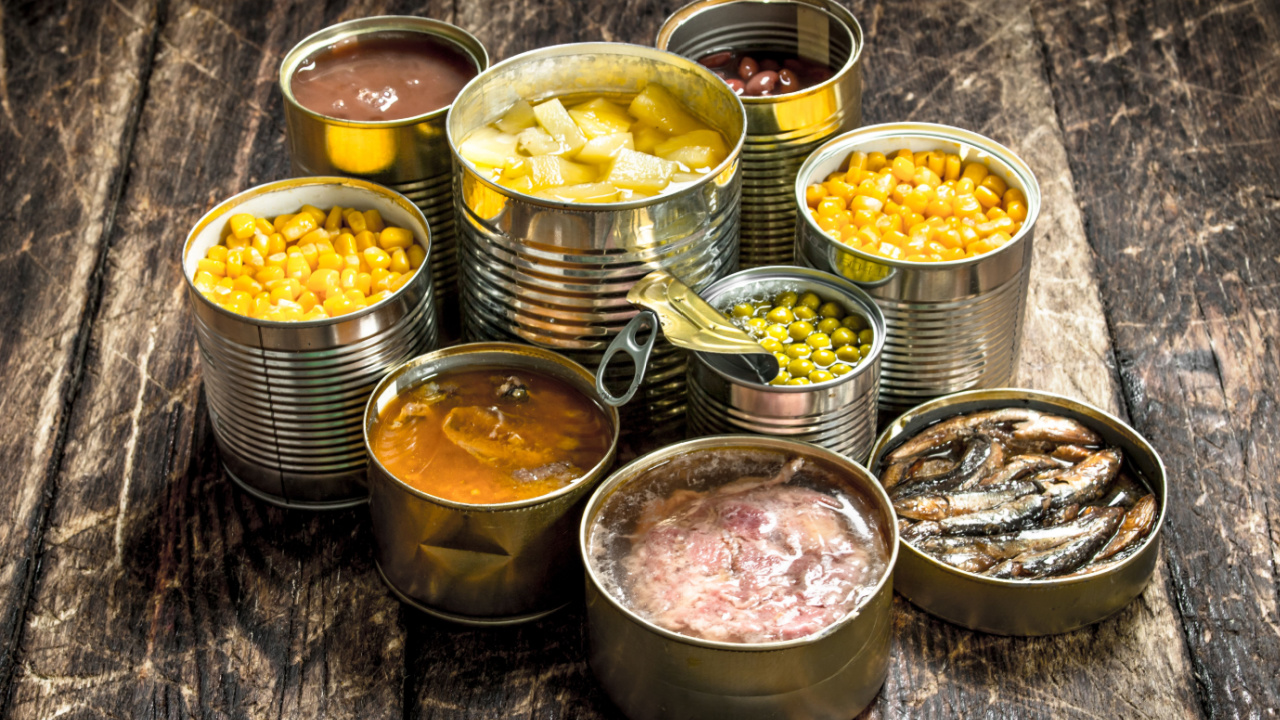
I firmly believe in keeping a well-stocked emergency pantry. While fresh food is ideal, in a survival situation, we may not be that lucky. So, for my family, even though we grow a lot of our own food, canned goods play a crucial role in emergency preparedness. They offer a reliable source of nutrition when access to fresh produce may be limited. The goods you stockpile should be affordable, easy to store, and full of nutrition.
Best Regions in the U.S. to Escape to When Society Collapses

Choosing a refuge in the event of societal collapse involves weighing the pros and cons of each location against your personal preparedness goals and abilities. Whether you’re drawn to the solitude of the desert or the protective heights of the mountains, the key is finding a place that offers safety and the opportunity for growth and renewal.
